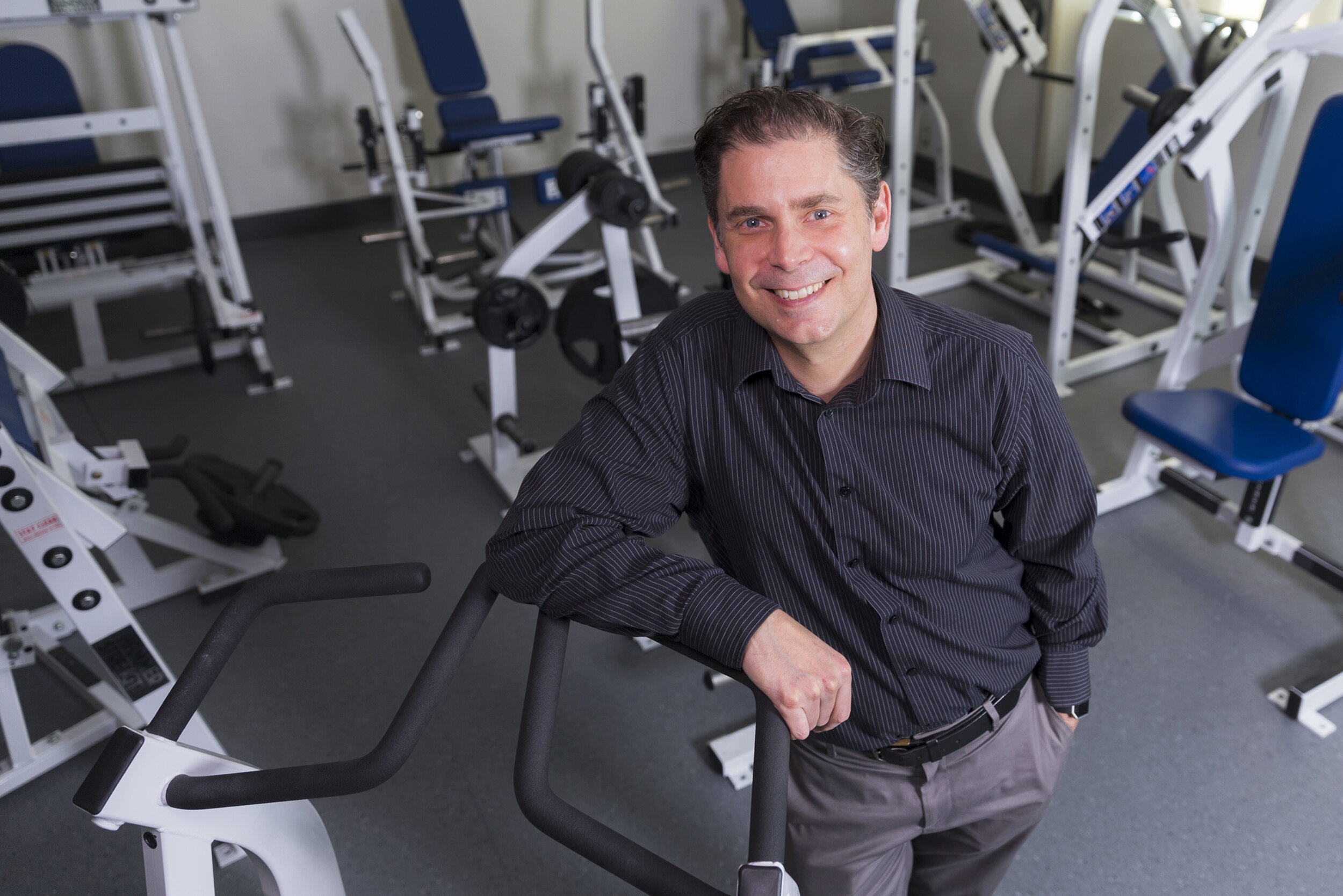Ep. 98: The Intention-Behaviour Gap with Dr. Ryan Rhodes (Encore Episode)
Listen, Rate & Subscribe
Apple Podcasts // Spotify // Google Podcasts // Stitcher // Amazon Music
As we ring in the new year, many of us have goals we want to accomplish. Some of us will achieve them. Others won’t. University of Victoria exercise psychologist Dr. Ryan Rhodes has devoted his career to determining why people don’t do the things they want to do—and devised strategies to help. In conversation with Medcan’s Dr. Jack Muskat, Dr. Rhodes describes how to achieve those resolutions. (Encore episode.)
GUEST BIO:
Ryan E. Rhodes is a professor in the School of Exercise Science, Physical and Health Education, and Director of the Behavioural Medicine Laboratory at the University of Victoria. Dr. Rhodes is the Co-Editor-in-Chief of Psychology and Health, and Associate Editor of Exercise and Sports Sciences Reviews as well as the Co-Chair of the Society of Behavioral Medicine’s Theories and Techniques of Behavior Change Interventions Special Interest Group.
LINKS
Dr. Rhodes’ Behavioural Medicine Lab: https://www.uvic.ca/research/labs/bmed/
Learn more about the Multi-Process Action Control (MPAC) approach, co-developed by Dr. Rhodes.
The MPAC blog features lots of further reading for those seeking guidance on how to bridge the intention-behaviour gap, including “How to Set Stellar Goals” and “Want to be a Master Planner?”
Do you feel like you could use some professional help achieving your wellness goals? Check out Medcan’s Mental Health services.
INSIGHTS
The intention-behaviour gap is the disconnect between wanting to do something, and actually doing it. Dr. Muskat and Dr. Rhodes discussed what proportion of people actually carry through on their intentions. “We've found that in any decision about physical activity, about 50 per cent of those who have that intention will struggle,” says Dr. Rhodes. [05:28]
One reason that it’s hard to fulfill our resolutions? We tend to be reluctant to drop things from our lives. For example, taking up a new habit leaves less time for the other things we’ve been doing. All too often, Dr. Rhodes says, the people who don’t fulfill an intention are unable to do it because they just haven’t carved out the time for the new behaviour. [7:02]
Be kind to yourself if you have trouble making your intention into a habit, particularly if it involves exercise. “Evolutionarily speaking, we want to conserve energy,” says Dr. Rhodes. “We might be fighting uphill a little bit on these types of things.” [11:15]
To buffer your body’s natural pull toward the couch, make a detailed plan to exercise that includes scheduling the behaviour, as though it’s a meeting. “When it's a vague plan, it's not likely to be executed,” says Dr. Rhodes. “It really needs to be scheduled, much like we would any other occupational-related factor, particularly when you're starting.” Evidence shows that if you’re able to stick to that plan for six weeks, your new behaviour can become a habit. [12:43]
Finally, suggests Dr. Ryan Rhodes, choose your resolutions wisely. You’re going to find it easier to create a habit around your resolution if you find the associated action to be pleasant. “Make sure you're thinking about the most pleasant and enjoyable type of action that you can,” suggests Dr. Rhodes. “It's very difficult to form a habit on something you don't like.” Eventually, if you repeat the behaviour for long enough and it becomes a habit, the action can be incorporated into your identity. “When people move from their categorization to someone who says, ‘I exercise’ to, ‘I am an exerciser,’ it becomes a personal categorization,” he says. “There's a shift at that point in motivation, and we will work very hard to maintain the standards that we have set for ourselves.” [20:37], [21:51]

